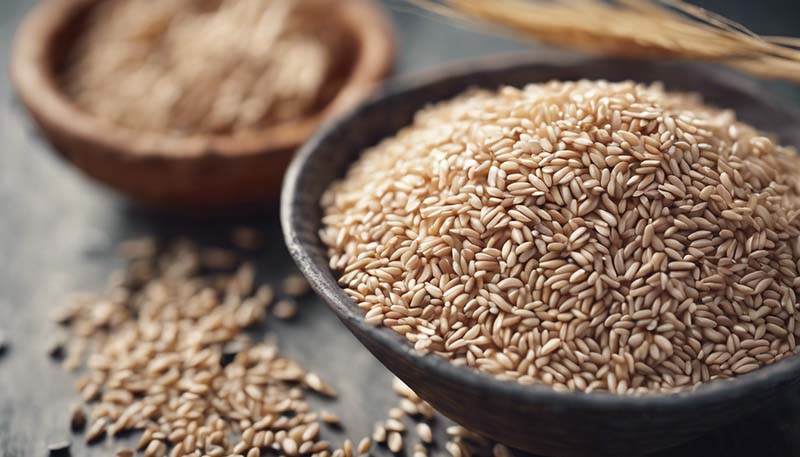Celiac disease, also known as celiac sprue or gluten intolerance, is an autoimmune disorder that affects approximately 1 in 100 people worldwide. This condition is characterized by the immune system's inappropriate reaction to gluten, a protein found in wheat, barley, and rye. When individuals with celiac disease consume gluten, the protein triggers an immune response that damages the lining of the small intestine, which can lead to a wide range of symptoms and long-term health complications if left untreated. The primary treatment for celiac disease is a strict, lifelong gluten-free diet, which has numerous benefits for those managing the condition.
Relief from Symptoms
The most immediate benefit of a gluten-free diet for individuals with celiac disease is the alleviation of symptoms. Common symptoms include abdominal pain, bloating, diarrhea, constipation, and fatigue. Upon the elimination of gluten from the diet, many patients report significant improvements in their gastrointestinal discomfort and overall well-being.
Healing of the Intestines
One of the primary goals of a gluten-free diet is to allow the intestinal lining to heal. When the small intestine is damaged, it cannot absorb nutrients effectively, leading to malnutrition and deficiencies in essential vitamins and minerals. A strict gluten-free diet promotes the healing of the intestinal villi, which are finger-like projections that increase the surface area for nutrient absorption. Over time, this healing process can lead to improved nutrient absorption and a reduction in nutrient deficiencies.
Prevention of Long-Term Complications
Adhering to a gluten-free diet can prevent the long-term complications associated with celiac disease. If left untreated, celiac disease can increase the risk of developing conditions such as anemia, osteoporosis, and even certain types of cancer. By following a gluten-free diet, individuals with celiac disease can significantly reduce their risk of these serious health issues.
Improved Energy Levels
Fatigue is a common symptom of celiac disease, often resulting from the body's inability to absorb nutrients properly. As the intestinal lining heals and nutrient absorption improves, many individuals with celiac disease experience a notable increase in their energy levels. This can have a profound impact on their daily lives, allowing them to engage in activities with renewed vigor and enthusiasm.
Better Mental Health
The physical symptoms of celiac disease can take a significant toll on mental health, contributing to feelings of depression, anxiety, and irritability. As the body begins to heal and overall health improves, many individuals with celiac disease report improvements in their mental well-being. A gluten-free diet, combined with appropriate support and counseling, can be an essential component of a comprehensive approach to mental health care for those with celiac disease.
Weight Management
For some individuals with celiac disease, a gluten-free diet can help with weight management. Gluten-free alternatives are often lower in calories and higher in fiber than their gluten-containing counterparts, which can promote a feeling of fullness and support weight loss efforts. However, it's important to note that not all gluten-free products are automatically healthier, and individuals should be mindful of their overall caloric intake and nutritional balance.
Enhanced Quality of Life
Perhaps the most significant benefit of a gluten-free diet for those with celiac disease is the overall enhancement of quality of life. As physical symptoms subside and the body heals, individuals often report feeling more comfortable in social situations, as they are no longer preoccupied with the fear of consuming gluten and experiencing a negative reaction. This newfound freedom can lead to increased social engagement, improved self-esteem, and a greater sense of control over one's life.
Challenges and Considerations
While a gluten-free diet offers numerous benefits for individuals with celiac disease, it is not without its challenges. The diet requires diligence and a commitment to reading food labels, as gluten can be found in many unexpected places. Additionally, the gluten-free diet can be more expensive and may require individuals to adjust their cooking and eating habits significantly. It is crucial for those with celiac disease to work closely with a healthcare provider or a registered dietitian to ensure they are meeting their nutritional needs while avoiding gluten.
Conclusion
In conclusion, a gluten-free diet is a life-changing and essential component of managing celiac disease. It offers a range of benefits, from symptom relief to improved quality of life. However, it is important for individuals with celiac disease to approach this dietary change with the guidance of healthcare professionals to ensure they are maintaining a balanced and nutritious diet that supports their health and well-being.






























Join the discussion